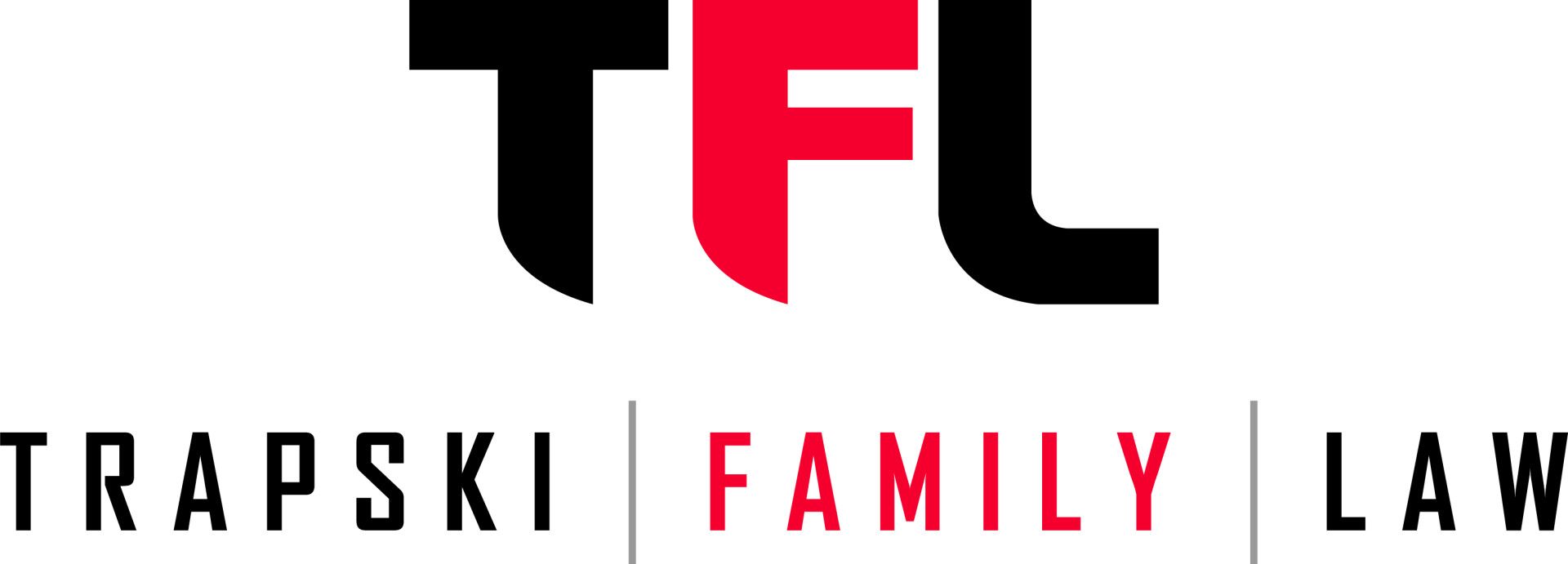LGBTQIA+ Family Law in Geelong
Trapski Family Law provide support with parenting, property and separation matters. We know family law, so submit an enquiry today for confidential guidance.
Nature's Symphony
ButtonRequest a call back
Thank you for contacting Trapski Family Law Geelong.
We will be in touch soon.
Oops, there was an error sending your message.
Please try again later.
Inclusive Legal Support for Families
At Trapski Family Law, we provide family law services that recognise the needs of LGBTQIA+ clients. Our work includes assisting with parenting arrangements, property settlements, divorce applications and child support agreements.
We help ensure that families in same-sex and gender-diverse relationships receive advice aligned with family law requirements, with a focus on clarity and lawful outcomes. With accreditation from the Law Institute of Victoria, we offer structured guidance that helps clients understand their rights and responsibilities.
Since 2011, we have supported clients by offering services that reflect the diversity of modern families. To discuss your situation or arrange a confidential consultation, please call us on (03) 8001 7070.
Inclusive family law services
Accredited legal professionals
Parenting, Property & Legal Rights
LGBTQIA+ family law matters involve the same issues faced by all families, but with additional considerations such as surrogacy, adoption or recognition of parentage. Property and financial settlements are determined according to the Family Law Act, regardless of the gender or identity of the parties. Parenting arrangements are based on the best interests of the child, helping to ensure legal recognition and enforceability where needed. Consent orders and financial agreements provide a way to formalise decisions and avoid future disputes.
By understanding the specific issues that may arise in LGBTQIA+ families, individuals can approach separation and related legal processes with clarity and confidence. Contact us today to learn more.
FAQs
What does LGBTQIA+ family law include?
LGBTQIA+ family law covers the same core issues as other family law matters, such as divorce, property settlements, parenting arrangements and child support but it may also include unique issues like recognition of parentage in same-sex relationships, surrogacy, adoption or step-parenting. Legal advice ensures that families in diverse relationships receive equal treatment under the law and understand how family law applies to their situation.
Are same-sex couples treated differently in family law?
No, same-sex couples are treated the same as heterosexual couples under Australian family law. The Family Law Act applies equally to all couples in relation to divorce, property division and parenting arrangements. However, some additional steps may be required for legal recognition of parentage or rights arising from surrogacy or assisted reproduction, which can be complex and require careful legal advice.
How does the law recognise parents in LGBTQIA+ families?
Parentage in LGBTQIA+ families can be established through birth registration, adoption, surrogacy arrangements or court orders. The Family Law Act focuses on the best interests of the child, and courts have the power to make parenting orders that legally recognise both parents, regardless of gender. This ensures children are supported with clear, enforceable arrangements that reflect their family structure.
Do LGBTQIA+ families face different property settlement rules?
No, property settlement rules are the same for all couples under the Family Law Act. The court considers the total asset pool, contributions made by each party and future needs. Property and financial agreements, as well as consent orders, are available to LGBTQIA+ families just as they are to other couples, ensuring enforceable and lawful outcomes after separation.









